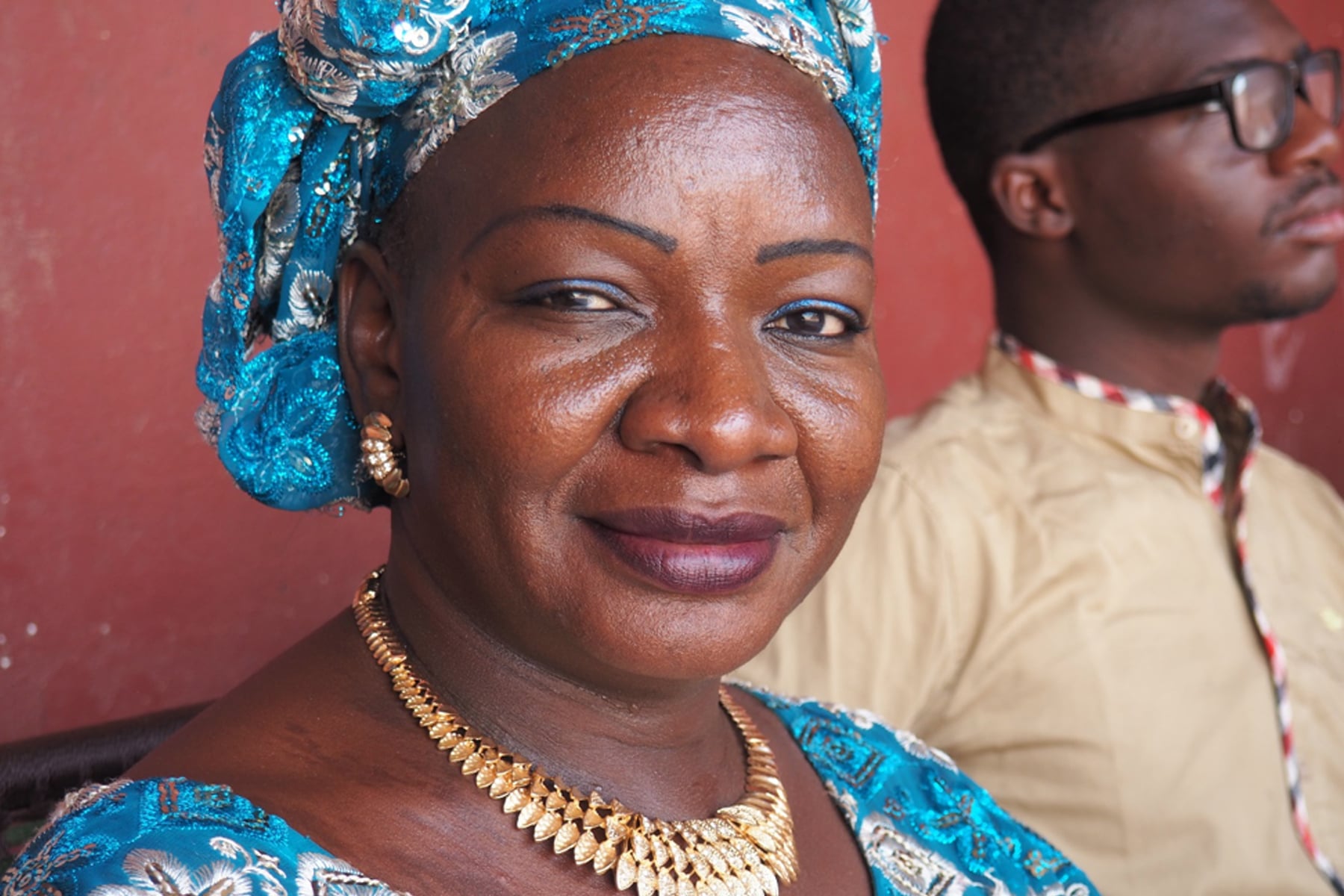Keneya Jemu Kan’s work was done through the Jigisigi (Hope for Families) umbrella platform. The platform positioned the family as the main promoter of health and promoted increasing the woman’s role in decision-making in the household. The project not only worked to expand access to and use of health services and behaviors among women and men of reproductive age and their family members, but it worked to make sure people in remote and underserved areas were able to access products to improve their health. These products include modern contraceptive methods, Aquatabs for water purification, Chlorhexidine for newborn umbilical cord care and Orasel Zinc to treat diarrhea. The promotion and sale of these products was integrated into the Jigisigi platform, along with behavior change and service promotion activities.
Keneya Jemu Kan drew on CCP’s experience in entertainment-education and technology to create exciting new media to engage audiences and encourage behavior change. These included interactive radio programs, a youth-focused reproductive health mobile app and social media campaign and a comedic family planning television musical.
Over its history, Keneya Jemu Kan:
- Launched the Jigisigi family planning campaign at the national and community levels through radio and TV spots, posters, billboards and interpersonal communication activities.
- Developed and aired 12 television programs focusing on family planning, maternal and child health, water and hygiene, malaria and HIV
- Developed and distributed more than 45,000 print materials on family planning, maternal and child health, water and hygiene, malaria and HIV
- Sold more than 18 million male condoms, 6.7 million water filtration tablets, 331,000 injectable contraceptives and 483,000 oral contraceptive pills
Keneya Jemu Kan also launched the Jigisigi maternal and neonatal health campaign, which included efforts to promote the use of medical care during and after pregnancy, the use of health facilities for giving birth and infant vaccination.


